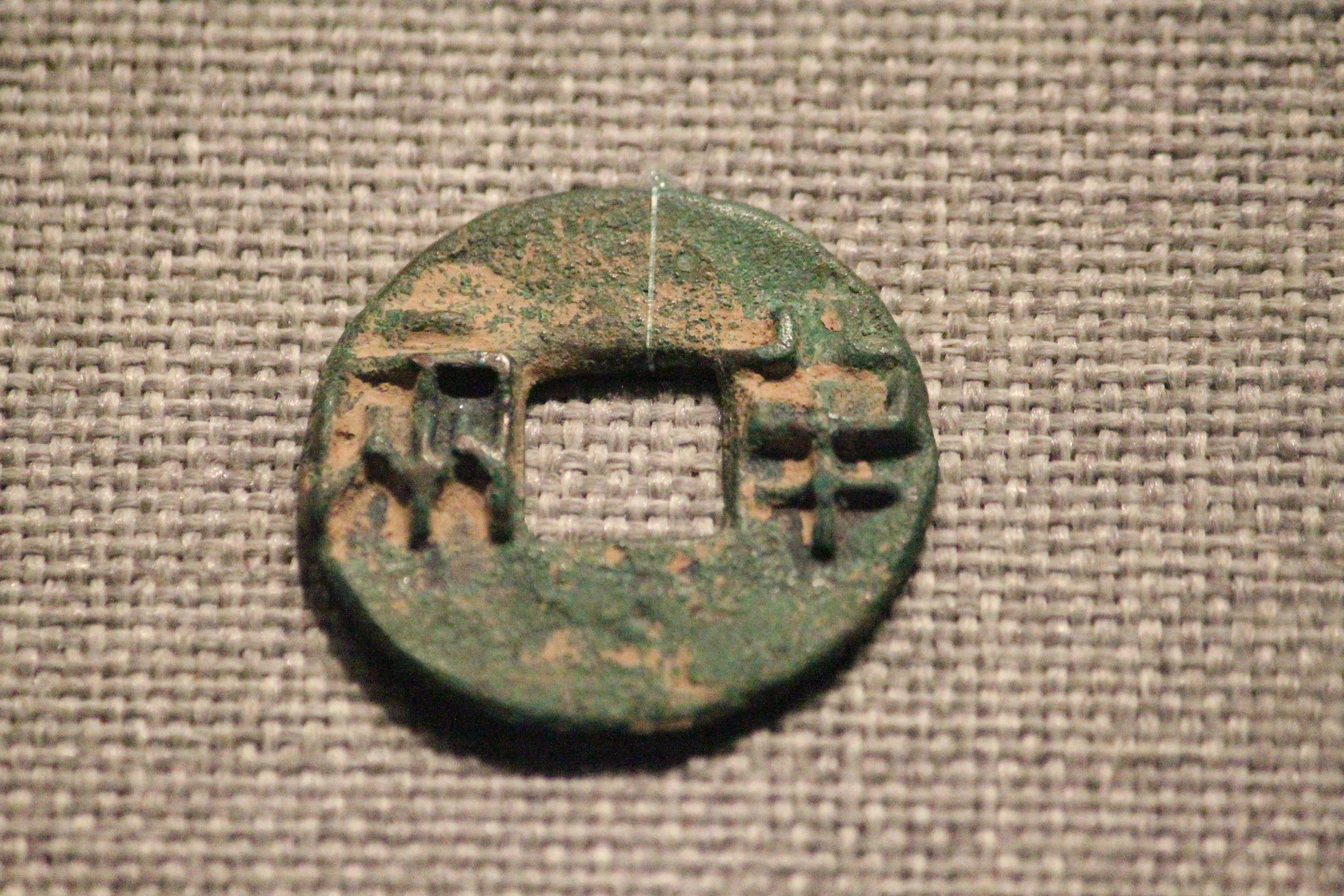 University of Florida Eliminates DEI Positions in Response to State Ban on Funding
University of Florida Eliminates DEI Positions in Response to State Ban on Funding
In a surprising move, the University of Florida has made the decision to eliminate all diversity, equity, and inclusion (DEI) positions at the university. This decision comes as a direct response to a recent state ban on the use of public funds for DEI programs, activities, and policies within the public college system. The Florida Board of Governors implemented this restriction in January, following a similar ban passed by the Florida Board of Education.
The University of Florida has taken swift action in response to these new regulations. They have closed the Office of the Chief Diversity Officer and have eliminated all DEI positions and administrative appointments. Furthermore, they have halted any contracts with outside vendors that were specifically focused on DEI initiatives. This decision is expected to have a significant impact on the campus community.
The Board of Governors defines DEI as any program, campus activity, or policy that classifies individuals based on race, color, sex, national origin, gender identity, or sexual orientation and promotes differential or preferential treatment of individuals based on such classification. On the other hand, DEI professionals understand it as a method to correct inequities within an organization, which can include measures to improve accessibility for people with disabilities, addressing discriminatory hiring practices, tackling gender and racial pay disparities, implementing anti-bias training, and more. The roots of DEI practices can be traced back to the anti-discrimination legislative movement of the 1960s.
The Board of Governors’ restriction not only targets DEI programs but also aims at curbing political or social activism within the university system. Any activity organized with the purpose of effecting or preventing change to a government policy, action, or function, or any activity intended to achieve a desired result related to social issues, where the university endorses or promotes a position in communications, advertisements, programs, or campus activities is now considered unacceptable.
Critics of these new regulations argue that they amount to censorship and exclusion. Andrew Gothard, president of the United Faculty of Florida union, expressed his concerns, stating that the legislation is an attempt to silence students and faculty who may hold beliefs or take actions that disagree with the politics of elected leaders. On the other hand, Florida Commissioner of Education Manny Diaz, Jr. defended the rules, stating that they ensure taxpayers’ money is not used to support DEI initiatives that promote division in society.
This recent decision by the Board of Governors follows a judge’s ruling to block the “Stop WOKE” Act, which aimed to restrict race-related curriculum in educational institutions. The judge argued that the First Amendment protects speech in the classroom and deemed the law’s vague restrictions unenforceable. While this ruling temporarily protected higher education institutions from the impact of the bill, it has sparked a larger debate about the boundaries of free speech and educational policies.
The University of Florida has assured employees who were affected by this decision that they will receive twelve weeks of pay and are encouraged to apply for other positions currently available within the university. Additionally, approximately $5 million in funds will be reallocated into a faculty recruitment fund.
Florida Governor Ron DeSantis has praised the decision to eliminate DEI positions at the University of Florida, referring to DEI as toxic and asserting that it has no place in public universities. However, critics argue that these decisions are out of step with the importance of diversity and inclusion on college campuses and in the corporate sector. The Congressional Black Caucus (CBC) Chairman Steven Horsford criticized DeSantis for labeling DEI as toxic and highlighted the impact these decisions have had on higher education and the corporate world since the Supreme Court’s weakening of Affirmative Action last year.
The debate surrounding DEI initiatives is far from over. In January, Representative Byron Donalds expressed his concerns about the equity component of DEI, stating that it has often led to disjointed outcomes and issues among student body members. A hearing on DEI is scheduled to take place next Thursday, led by the House Education and the Workforce Committee.
As the University of Florida takes drastic measures to comply with the state ban on funding for DEI initiatives, it remains to be seen how this decision will shape the campus community and the larger conversation surrounding diversity, equity, and inclusion in educational institutions.
